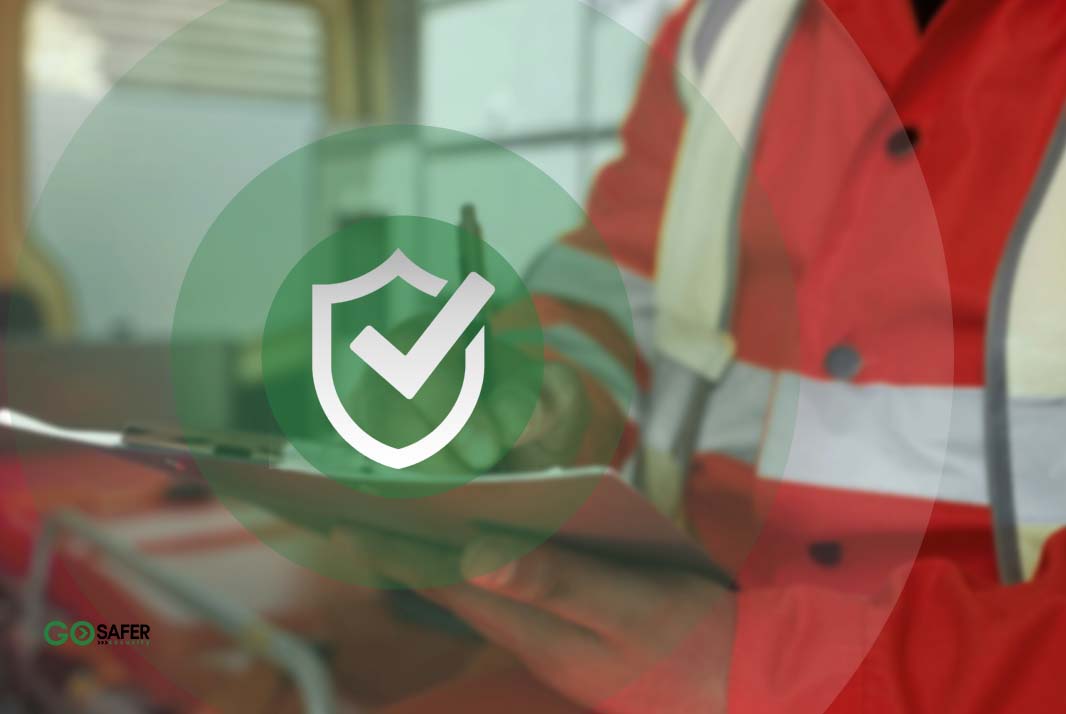Ensuring your business security system is up to code is crucial to protecting your assets, employees, and customers. Non-compliance can lead to legal penalties, insurance issues, and vulnerabilities that put your business at risk. In this article, we’ll walk you through essential security compliance standards, how to conduct an audit, and best practices to keep your security system up to date.
Table of Contents
ToggleWhy Security Compliance Matters for Businesses
Every business, regardless of size or industry, must meet specific security regulations and compliance requirements. These mandates are in place to ensure safety, prevent fraud, and protect sensitive information. Ignoring these guidelines can lead to serious consequences, including hefty fines and potential legal actions.
Key Compliance Standards for Business Security Systems
To meet security compliance, businesses must follow several critical regulations:
- Fire and Life Safety Standards: Ensuring alarms and sprinkler systems are up to code.
- Industry-Specific Regulations: Healthcare, finance, and retail businesses may have additional security requirements.
- Insurance Requirements: Security systems must meet certain standards to qualify for coverage.
Essential Components of a Compliant Business Security System
A fully compliant business security system includes:
- Alarm Monitoring Systems: Detect and respond to intrusions in real time. Learn more in this business security system guide.
- Surveillance Cameras: Proper placement and recording policies are essential. Explore commercial security solutions to enhance your security.
- Access Control Systems: Restrict unauthorized entry using advanced authentication methods.
- Cybersecurity Measures: Protecting sensitive data from cyber threats is just as important as physical security.
How to Conduct a Security Compliance Audit
Regular security audits ensure your system meets current standards. Follow these steps:
- Assess Your Security Infrastructure: Identify outdated equipment and vulnerabilities.
- Evaluate Access Control Policies: Ensure only authorized personnel have access to restricted areas.
- Document Security Measures: Keep records of compliance efforts for insurance and legal purposes.
For additional security tips, read 5 security solutions for small offices.
Common Security System Mistakes Businesses Make
Businesses often make these mistakes that compromise security compliance:
- Using Outdated Equipment: Older security systems may not meet current standards.
- Inadequate Access Control Policies: Employees should have access only to necessary areas.
- Lack of Employee Training: Staff should be aware of security protocols and emergency procedures.
Best Practices to Ensure Your Business Security System is Up to Code
To maintain compliance:
- Schedule Regular Maintenance: Ensure your security system functions correctly.
- Work with Security Experts: Professionals can provide up-to-date compliance insights.
- Train Employees on Security Measures: Educate staff about proper security protocols.
Check out these essential business security strategies to improve compliance.
The Role of Professional Security Services in Compliance
Hiring a professional security provider can ensure that your system remains compliant. They offer:
- Security Audits: Identify gaps in your system.
- Advanced Security Solutions: Implement cutting-edge technologies.
- 24/7 Monitoring: Immediate response to security threats.
Leveraging Modern Technology for Enhanced Security Compliance
Advancements in technology can improve security compliance:
- AI-Powered Surveillance: Intelligent cameras detect unusual activities.
- Cloud-Based Security Management: Remote access and real-time monitoring enhance efficiency.
- Integrated Smart Systems: Seamless security integration with business operations.
For more insights, explore the advantages of commercial security systems.
How to Stay Updated on Security Regulations
Security regulations evolve constantly. Stay compliant by:
- Monitoring Regulatory Updates: Subscribe to industry news.
- Regular System Evaluations: Assess your security infrastructure.
- Consulting Compliance Experts: Work with professionals to stay ahead of changes.
Conclusion
Ensuring your business security system is up to code is essential for compliance, safety, and protection. Regular audits, staying informed on regulations, and leveraging modern security technology can help your business maintain compliance effortlessly.







